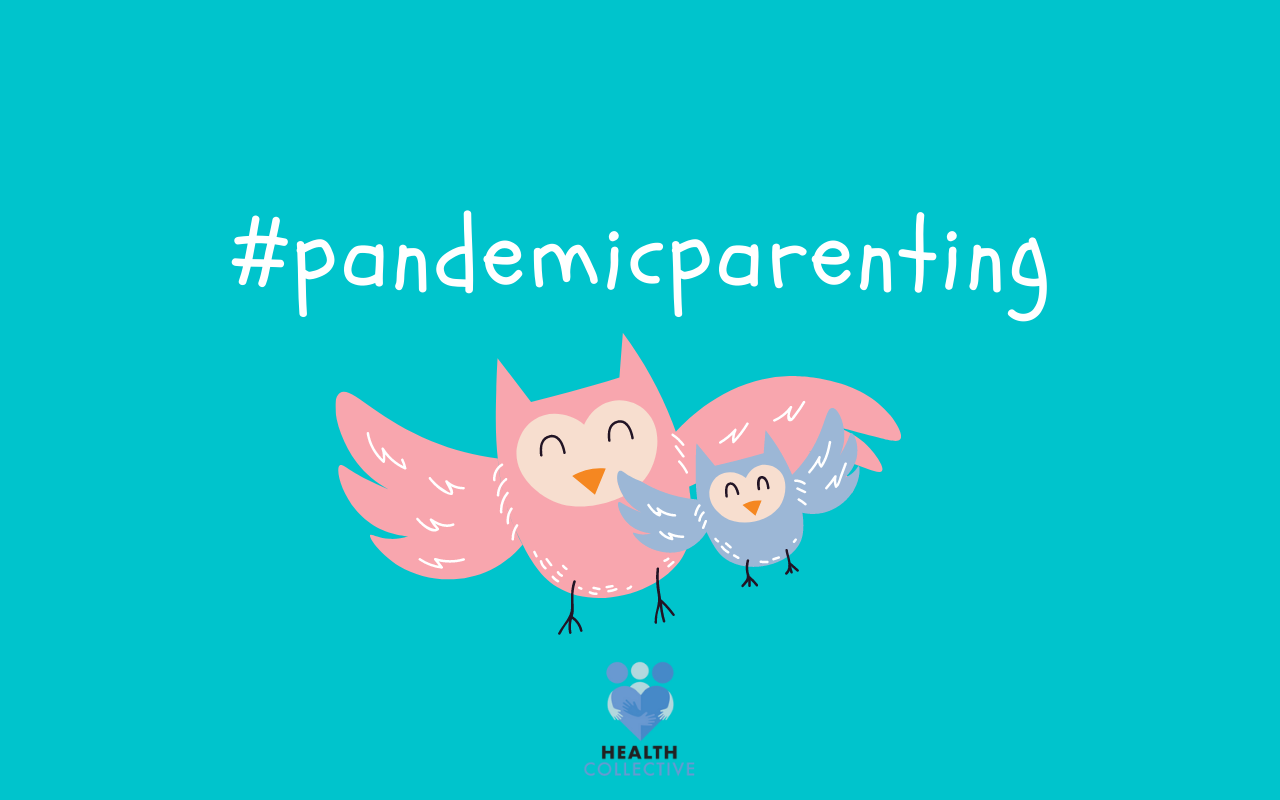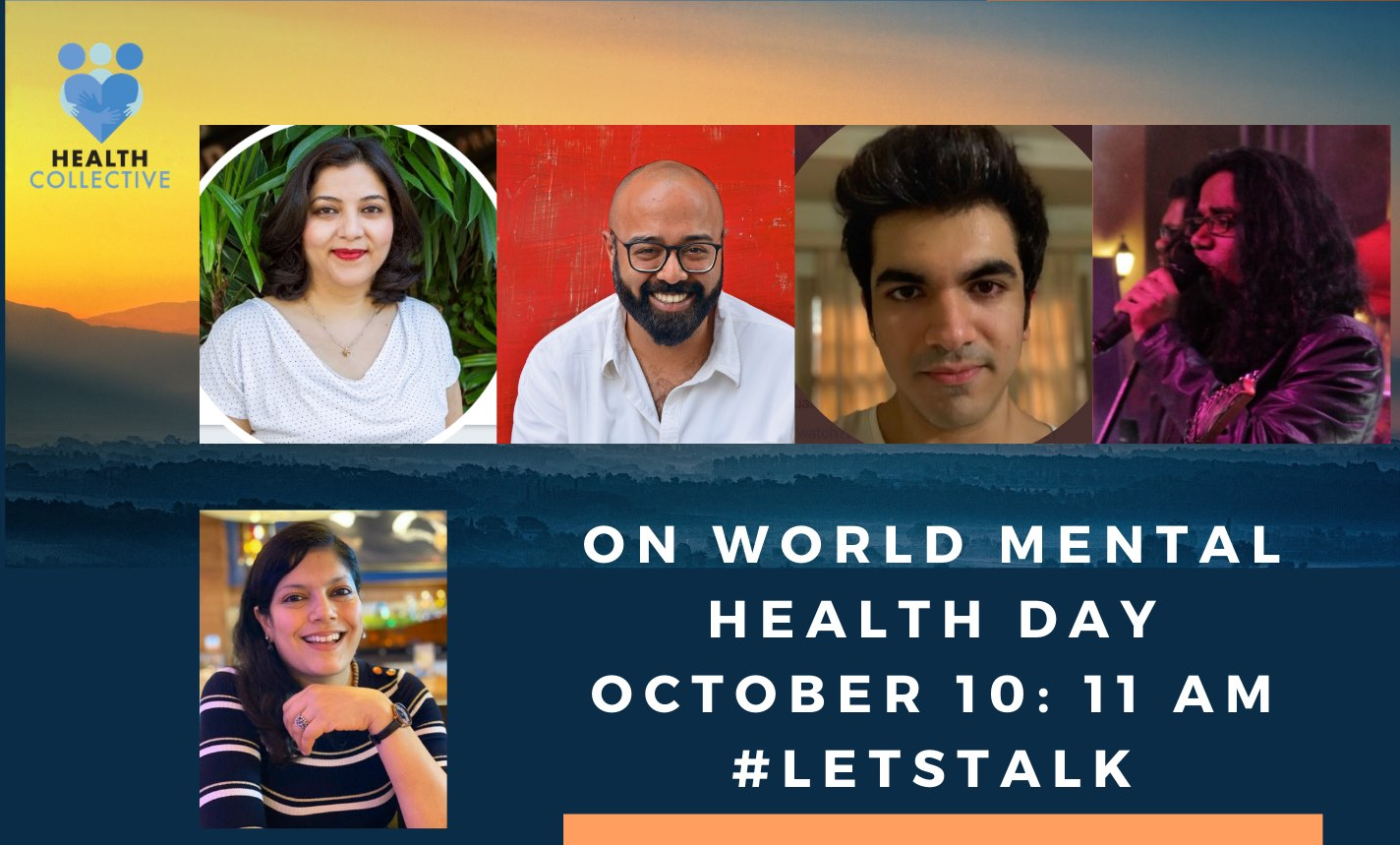No User Guides Here, Parenting Through a Pandemic
By Sukanya Sharma
The parent-child dynamic has been a very fascinating one to study. While this relationship has always had challenges of its own, in December 2019 when the news of COVID-19 engulfed the world, who knew this virus could not only affect our health but give a new shape to our relationships as well. We’re in the 3rd year of the pandemic, and while parents got a hang of how to manoeuvre their way through a lockdown in the first year, we’re still struggling (with some wins, of course) in some ways to get through yet another year of COVID-19.
ALSO READ
“I think this year has been a little easier since we have been going through this routine for so long that it feels totally normal now. We all carry masks and sanitisers, just like we carried our wallets earlier. It’s just routine. We stay home most of the time and get out only if it is important or to meet close family and friends,” says Surbhi Malik, mother of two daughters, aged 9 and 13. She tells the Health Collective her eldest daughter resumed going to the school twice a week after 2 years and met her classmates, who suddenly seemed so grown up. She even noticed some behavioural changes in her daughter, who seemed happier, less cranky and had so much to talk about!
This may be something all of us could relate to after having experienced this myriad of emotions when we were stuck at home. The warmth and empathy that we suddenly were inundated with when we met our friends and family after a period of isolation was something to be cherished. And while we stayed connected through our virtual world, we craved an embrace from our loved ones which lit us up. Imagine kids, in their serious developmental years, having to go through something as bizarre as this pandemic.
According to a report published by UNICEF India, the risks and restrictions of the pandemic caused anxiety amongst children. A survey previewed in The State of the World’s Children 2021 found that “around 14 percent of 15 to 24-year-olds in India, or 1 in 7, reported often feeling depressed or having little interest in doing things.” The report further reads, “The disruption to routines, education, recreation, as well as concern for family income and health, is leaving many young people feeling afraid, angry, and concerned for their future.”
We spoke to a school teacher from Jaipur, Apeksha Pareek, on how her students adjusted to the new normal of online schooling and she tells us, “A common misconception that people have is that online teaching is much easier than offline, simply because it’s work from home. However, with a profession which requires you to be in a classroom and connect with the young kids, it has been incredibly difficult teaching online.”
According to her, the computer screen has in fact stood like a barrier because the interaction, understanding and connection with the students seem to be less. In the middle when schools did reopen, she noticed that the kids were struggling a little bit. “Online modes had given the students a place where they could hide away and not participate, and their productivity levels dwindled. In offline mode, they didn’t have that,” she tells The Health Collective. However, she adds that after a couple of weeks of the new routine, students coped and adjusted well.
But how are kids and parents coping with these constantly changing dynamics in the environment? We spoke to Dr. Ruksheda Syeda, a practising psychiatrist and psychotherapist from Mumbai with over 2 decades of experience in the field. She works with children and families, specifically teenagers and young adults.
She tells us that a trick as simple as scheduling has definitely been helpful for some. “Both the parents need to figure how they spend time with each other and the kids and follow a schedule which makes things easy and less overwhelming. This allows for all the individuals in the family to get a much-needed break and also creates a safe space for each individual,” she tells The Health Collective.
Being in such close quarters 24X7 surely creates friction and does a pandemic like COVID-19 also affect parenting styles? Is it possible to suggest that with the drastic change in the world, our understanding and knowledge of the basic parenting styles has also evolved and changed? Dr. Ruksheda suggests instead of just writing down a rule book, we speak to them in a context they understand. “Kids watch cartoons like Shinchan these days and are easily influenced. We can use references that they understand and use those as examples to set a moral code on what’s right and wrong.”
Since kids are now more exposed to the ‘TV’ or other screens, she suggested parents might as well use pop culture to their advantage and use them as material to teach their kids. She suggests another way to teach kids about social connections, empathy and compassion is to read bed-time stories to them. Interact with them and create a space where they can learn, listen and engage. Make up stories or even tell them family histories which may inspire them to interact with the rest of the family members.
These small wins are exactly what we need in times like these when we’re feeling burnt-out. A parent of two, Rumaila Kader, shares that “the silver lining here is the more time together as a family. I sometimes get anxious thinking about going back to working in an office, sitting in traffic, stressing, and rushing. But that is the future and I believe it might take some time to reach that level. We have given complete freedom to our kid to find his own rhythm and fulfillments.”
“The biggest lesson we have learned is to slow down and to stop trying to do it all. I know that life has changed but at the same time, I’m thankful for all the blessings that we’re experiencing.”
Rumaila Kader, PARENT
The world is changing so quickly that it’s tough to keep up — for kids, for adults, for everyone around us. Our knowledge of before seems so archaic now but somehow it’s the old ideas of kindness, understanding and compassion that have kept us sane through the pandemic. And as we move forward, we learn, adapt and adjust to the new teachings to build stronger and healthier relationships.
Must See: Check out the fantastic and very apt posts on @FowlLanguageComics eg this one




